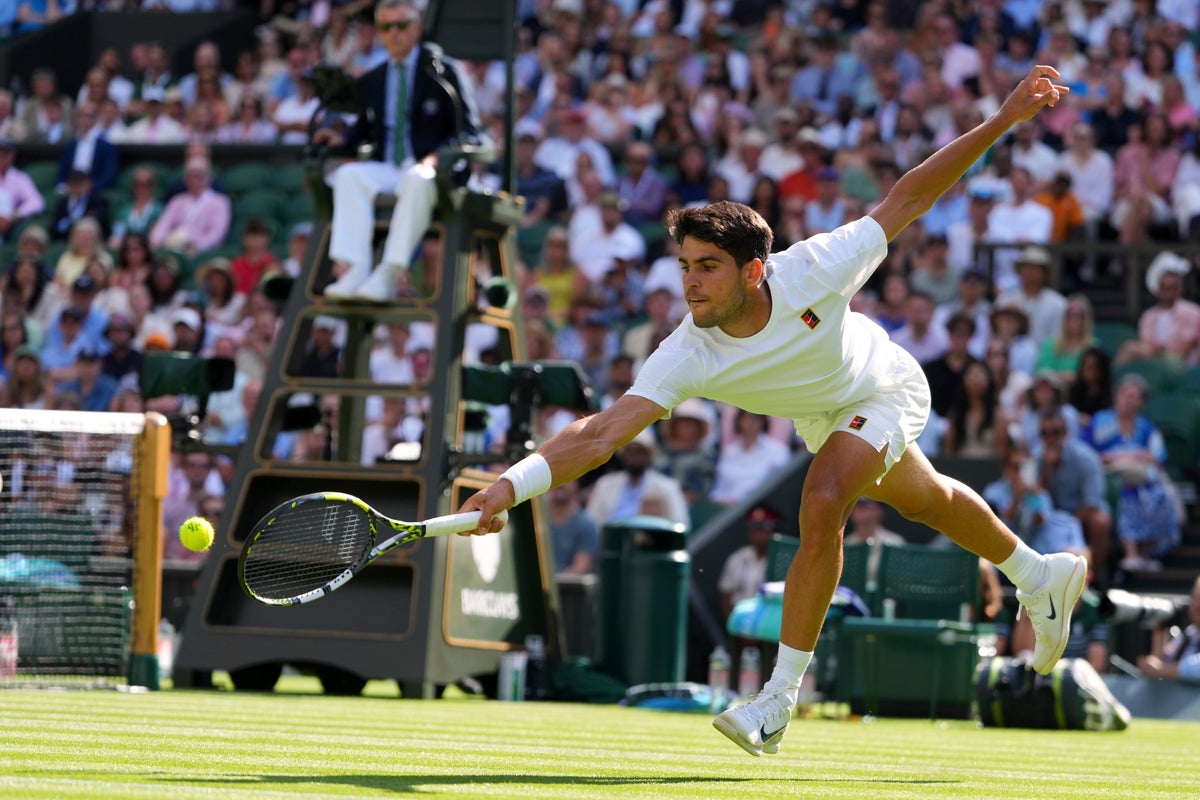Wimbledon, the prestigious tennis Grand Slam event, recently found itself in a bit of a pickle with its new electronic line-calling system. The organisers had to swallow their pride and issue an apology to players Anastasia Pavlyuchenkova and Sonay Kartal after an embarrassing malfunction during a match on Centre Court.
The hiccup occurred when it was discovered that the electronic line-calling (ELC) system was mistakenly turned off on a section of the court for one game. This blunder came to light when a shot from Kartal, which should have been called out, was not picked up by the system. As a result, Pavlyuchenkova lost out on what could have been a crucial lead in the set.
In response to the incident, Wimbledon officials admitted their mistake and expressed regret over the situation. A spokesperson for Wimbledon clarified that
“the live ELC system…was deactivated in error…for one game.”
They further explained how this slip-up led to missed calls that impacted the match outcome.
Pavlyuchenkova voiced her frustration at what she perceived as biased officiating due to local favoritism, stating,
“You took the game away from me.”
The Russian player highlighted her concerns about relying solely on technology for decision-making in tennis matches. She lamented the shift towards automation, noting its impact on the sport’s human element.
After discussing the matter with umpire Nico Helwerth post-match, Pavlyuchenkova reflected on the confusion caused by the incident and expressed her disappointment with how it was handled. Despite her initial dismay, she managed to regroup and secure victory in that match.
On Kartal’s end, she accepted the umpire’s decision to replay the point affected by the technical glitch gracefully. Recognizing such incidents as rare occurrences in professional tennis matches, Kartal commended Helwerth for his handling of the situation under pressure.
The malfunction of Wimbledon’s electronic line-calling system is not without repercussions beyond individual matches. It has sparked discussions among players like Jack Draper and Emma Raducanu regarding their dissatisfaction with its accuracy. Raducanu’s comment about incorrect calls being disappointing sheds light on broader concerns within the tennis community about technological interventions impacting gameplay integrity.
Despite these challenges, Wimbledon remains confident in its technological infrastructure but acknowledges room for improvement following this unfortunate episode. By reinforcing processes and addressing human errors promptly, tournament organizers aim to uphold fairness and accuracy in future matches.
As Wimbledon navigates through these teething issues with automated officiating systems like ELCs becoming more prevalent across sports globally—from tennis to football—the debate around striking a balance between tradition and innovation continues. The delicate dance between embracing technology for efficiency while preserving sport’s core essence unfolds against backdrops of high-stakes competitions like Grand Slam tournaments.









Leave feedback about this